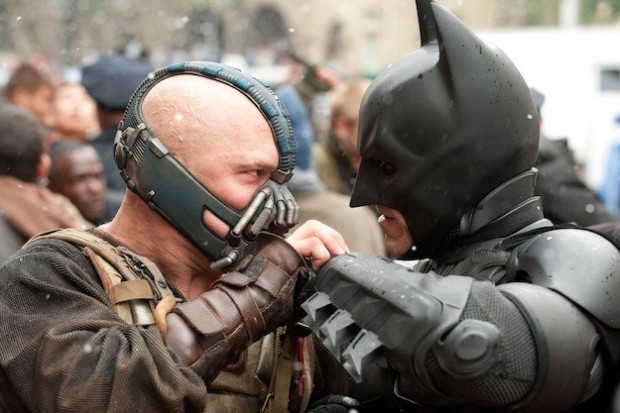The Big Short vs Spotlight
by Luke Jones
Warning – this review contains a fuckload of
swearing
You get a lot of arseholes in the movies. There
are the weaselly sorts, like Dick Thornburg in Die Hard, who exist for audiences to delight in their downfall. There are the violent sorts that remain
oddly compelling despite their character flaws (Jake de la Motta in Raging Bull). There are the types you
get in Gaspar Noé’s Love, presented
in 3D for your viewing pleasure.
The Big Short and Spotlight focus on a particular sub-group; spectacularly fucking
awful arseholes that also happen to exist in the real world. In the Big Short, they are the occupants of
the banking industry that saw the world brought to its knees in 2008. In Spotlight, they are the members of the
Catholic church both directly and indirectly involved in the sustained abuse of
minors in Boston, Massachusetts. As villains go they’re hard to beat. Something
that, sadly, has proven true in real life as well.
 |
| Spotlight: you'll never look at Luxo in the same way again |
Both films tell stories that have garnered
plenty of press over the past decade. Yet their differing approaches are
fascinating; where the Big Short relies
on every visual trick available to turn spreadsheets into cinema, Spotlight moves with an efficiency that
must have Tarantino’s editors looking on with envy. The Big Short levels society with numbers, while Spotlight’s power comes from words both
written and, shockingly, left unsaid. Each tackles a great pillar of American
society and neither shies away from blaming those willing to turn a blind eye,
including our de facto ‘heroes’.
Together they rebut the idea that the Hollywood
system doesn't produce intelligent, adult drama any more. Both are worth your
time, yet due to covering recent history they also exist as question marks
without answers. Our protagonists may enjoy a sense of closure, but as an
audience there is the sense that little has changed to prevent it all from
happening again. This is most stark in the
Big Short, a breezy two hours topped off by insight into the depravity of
the human condition straight out of a Werner Herzog film.
Films can have the power to effect social
change; try asking a SeaWorld shareholder if they’ve seen Blackfish. Perhaps if enough people go to see the Big Short they’ll realise that sometimes a deal can be too good
to be true. Spotlight’s parallels
remain around us, from the slowly unravelling murk of Geoffrey Dickens’
paedophile dossier to the still unbelievable crimes of Jimmy Saville. You don’t
have to be a famous rich white guy to get away with child abuse, but it sure
helps.


Comments
Post a Comment